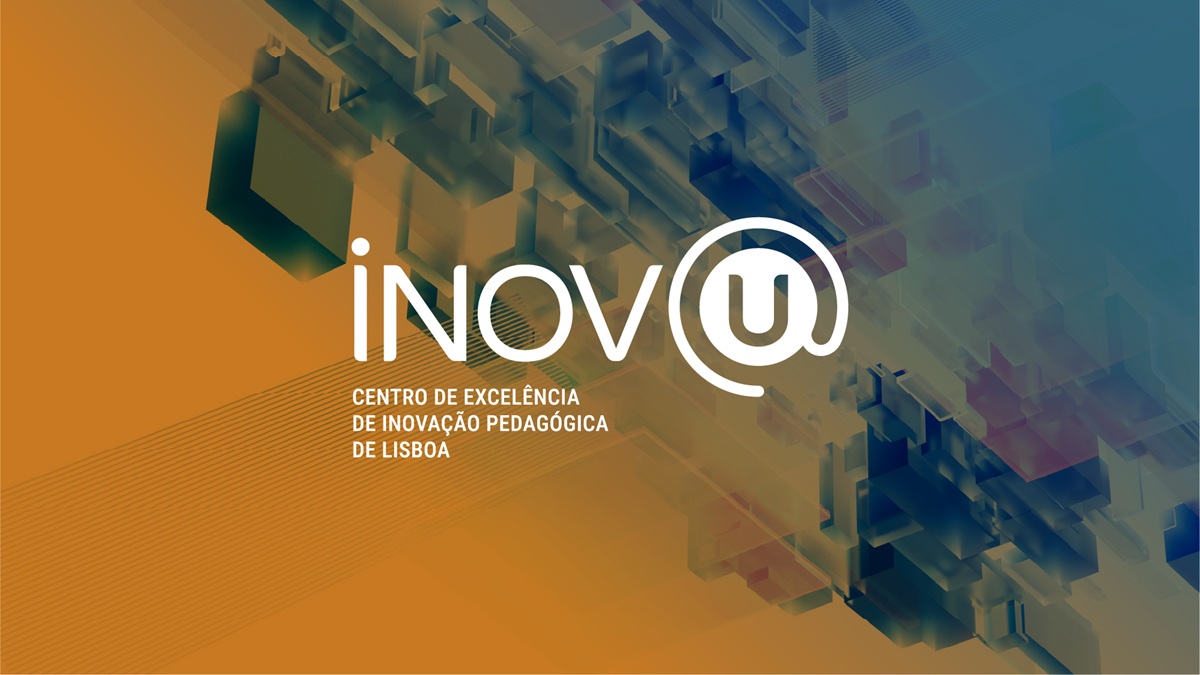The Lisbon Centre of Excellence for Pedagogical Innovation encourages participation in Communities of Practice, an effective strategy for promoting good pedagogical practices.
Through open debate, tis session promotes and a joint reflection on solutions to difficulties and contributes to improving the quality of teaching and, consequently, students' academic success.
Based on its potential, the Inov@U is launching 'Communities of Practice', opening up participation for all faculty and researchers from the Consortium of universitries (ULisboa, ESEL and IPLisboa). At set intervals, members of the Community of Practice will meet to debate and discuss a specific pedagogical strategy, seeking to achieve more significant results in student learning and greater effectiveness in the implementation of pedagogical strategies.
Target audience: Communities of Practice are designed for faculty and researchers from the Consortium universities, who are with or without experience in specific pedagogical strategies, providing a space for joint reflection.
Operating mode: The members of the Community of Practice meet periodically to discuss a specific pedagogical strategy, seeking to achieve more significant results in student learning and greater effectiveness in the implementation of pedagogical strategies.
Each Community of Practice has a facilitating member who takes charge of organising and running the sharing sessions. The communities also include members of the community of practice, both faculty and researchers, who attend the sessions and take part in the proposed activities. A member of faculty can join or leave the community of practice at any time.
The application period is now open , enabling new members to join the community of practice at any time, enriching and boosting it with their experience.
Communities of Practice in Active Lectures, Diversity and Inclusion, Digital Education, Guidance and Supervision of Academic Work and Problem Based Learning will be the first of a range of sessions that we hope to see expanded, in a dynamic and constructive way. All of them will be an excellent opportunity to identify common interests and jointly outline the first steps in this collaborative learning process.
Further information HERE.












